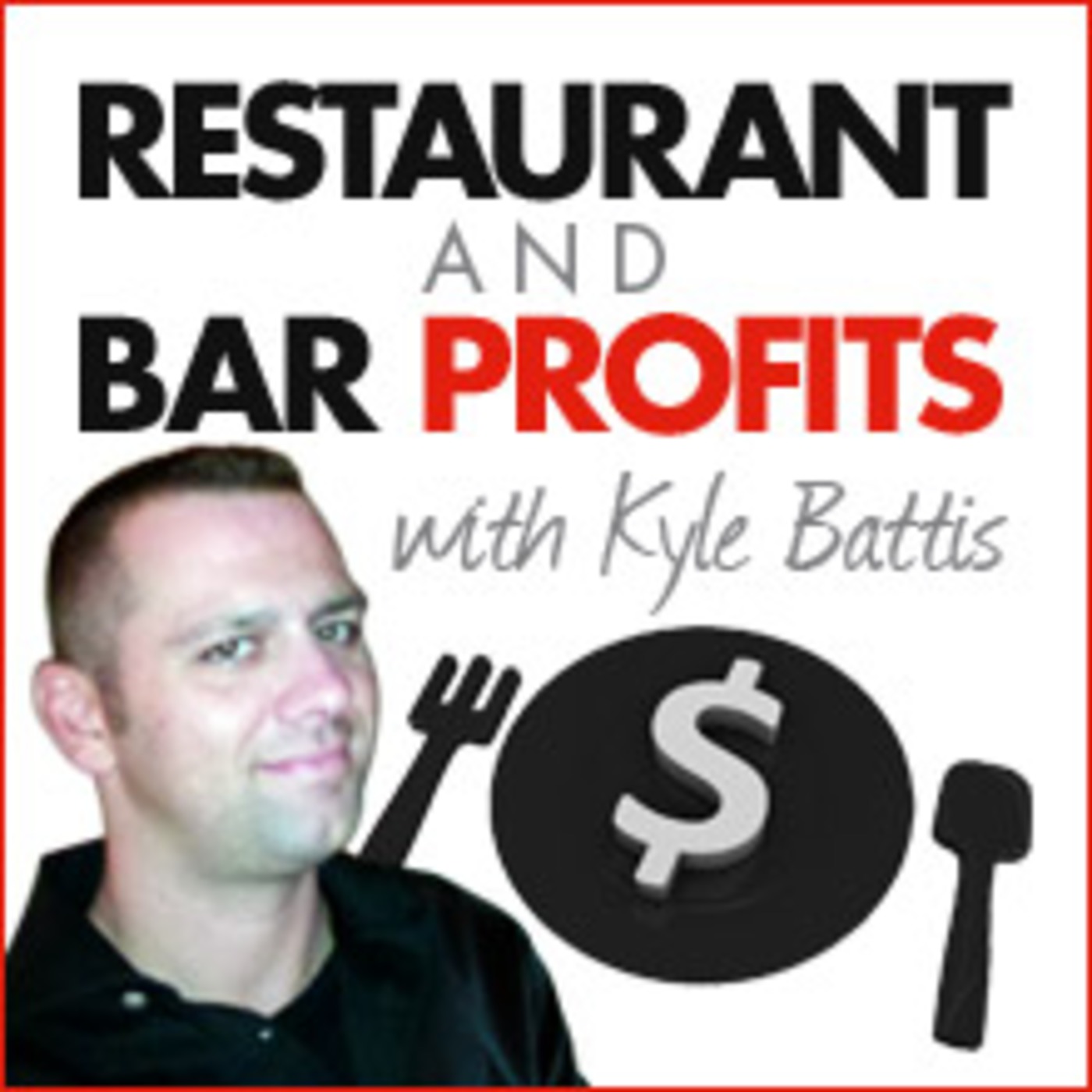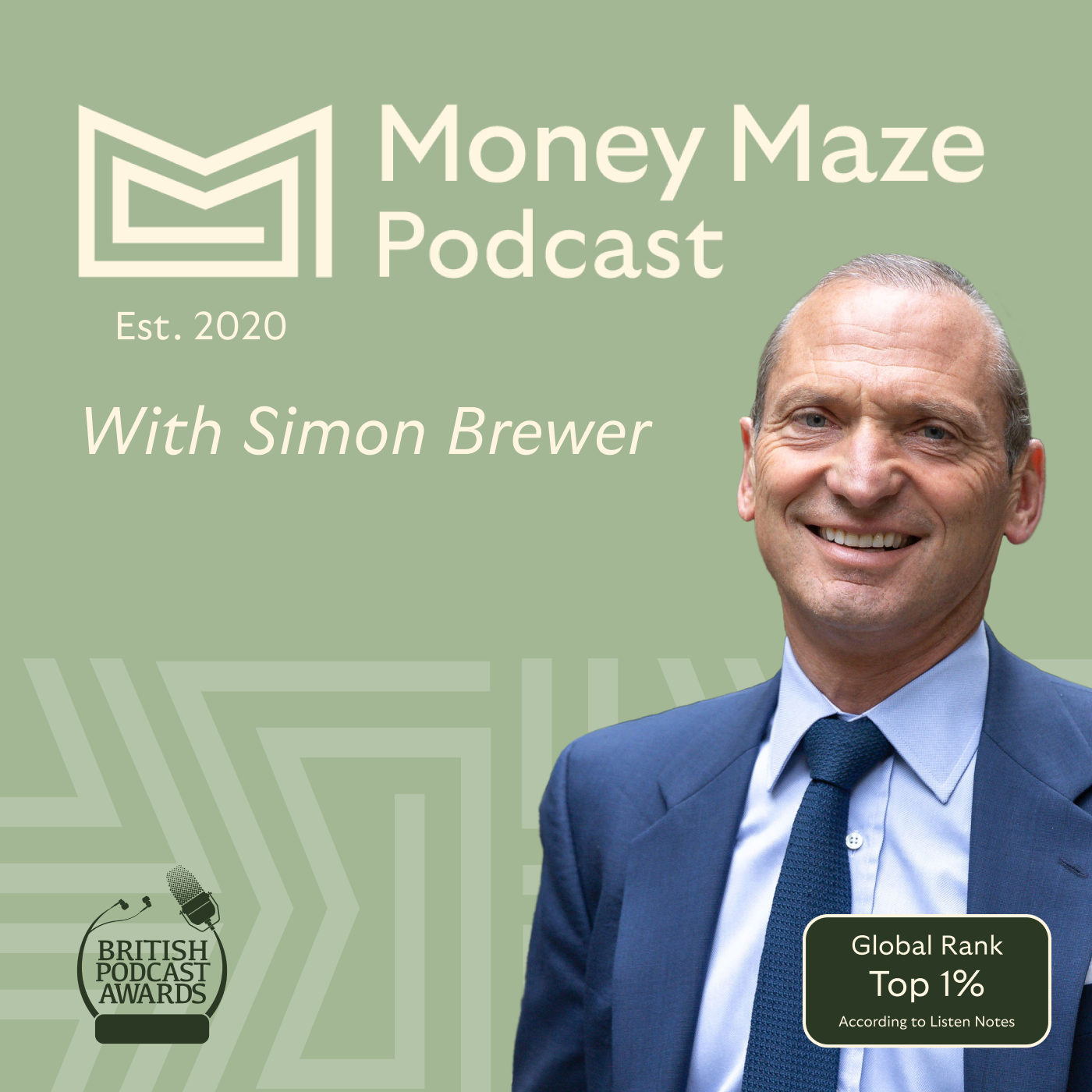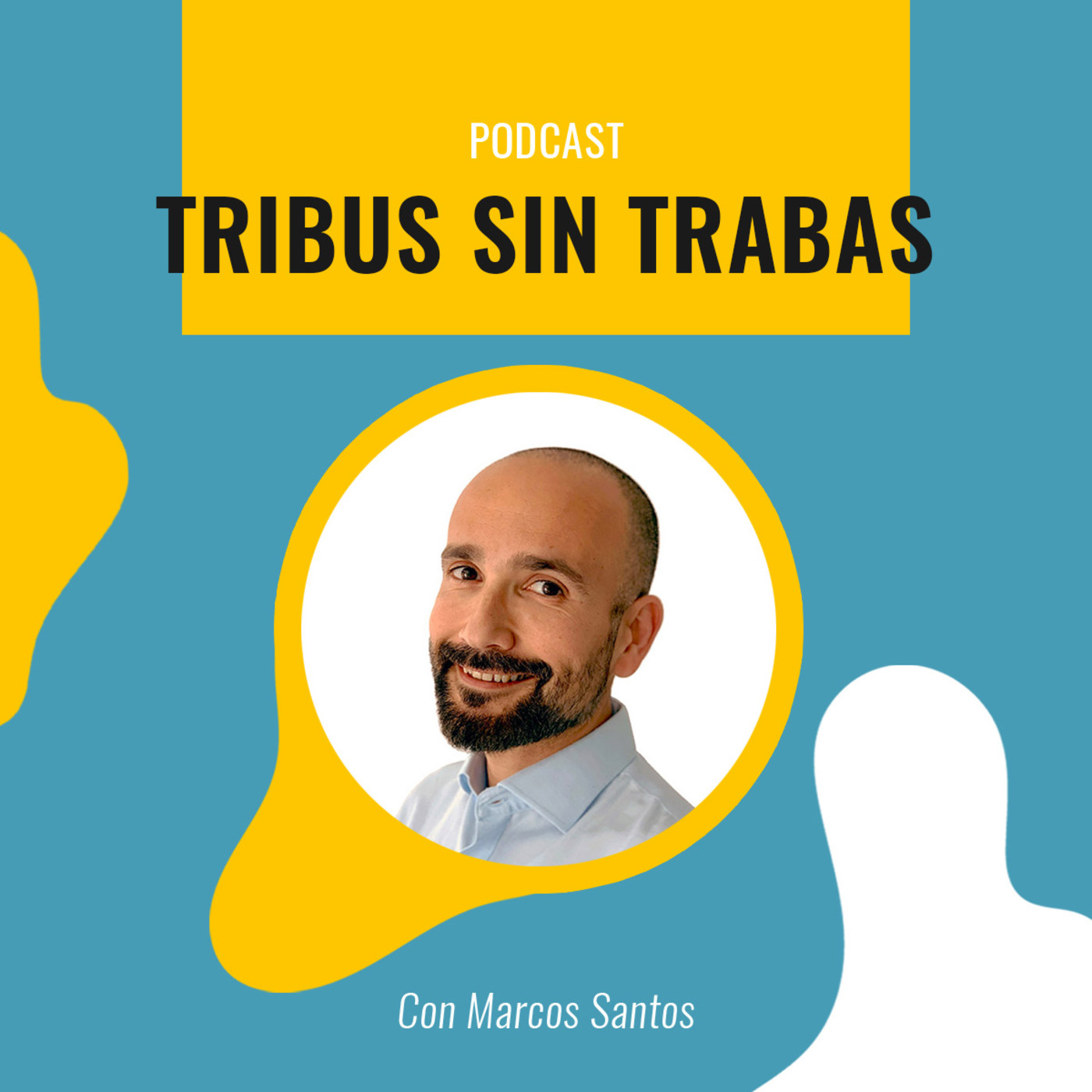 |
People Solve ProblemsAuthor: Jamie Flinchbaugh
People Solve Problems is an engaging new podcast hosted by Jamie Flinchbaugh, the author of the book with the same title. In this insightful series, Jamie interviews a diverse array of guests from thought leaders and authors to practitioners and everyday individuals, delving into their unique perspectives on problem solving. This compact, interview-style podcast offers valuable insights into what constitutes effective problem-solving, the challenges faced in the process, and the strategies employed. It aims to equip listeners with a wealth of ideas, best practices, and approaches to enhance their problem-solving skills. Stay tuned for the upcoming episodes by clicking the follow button and signing up today. Language: en Genres: Business, Management Contact email: Get it Feed URL: Get it iTunes ID: Get it |
Listen Now...
Rick Pedersen of Old Norse Consulting on Knowledge Gaps in Product Development
Wednesday, 10 December, 2025
Rick Pedersen, owner of Old Norse Consulting, joined host Jamie Flinchbaugh to explore why product development demands a fundamentally different approach to problem-solving than traditional business processes. During their conversation, Rick explained that while most business functions involve transactional processes that can be documented and repeated, product development centers on building knowledge to solve problems that have never been encountered before. Rick draws a clear distinction between information gathering and genuine knowledge gaps. He explains that a true knowledge gap exists when answers cannot simply be looked up or obtained from an expert. Instead, teams must invest time and resources in building prototypes, running tests, or conducting simulations to create new knowledge. Rick advises teams facing uncertainty to document potential knowledge gaps quickly, then filter them to determine which require actual investigation versus simple research. The conversation revealed how knowledge creation serves as the lifeblood of product development, much like flow serves manufacturing. He emphasizes that the real value in product development comes from creating new knowledge and making it reusable. He compares this to compound interest, where teams that fail to document their discoveries essentially discard their gains rather than letting them accumulate over time. This results in organizations repeatedly solving the same problems across different projects, representing significant waste. Rick advocates for a shift from traditional task-oriented project management to organizing work around knowledge gaps. Rather than focusing solely on completing action items, teams should orient their efforts around closing knowledge gaps through what he calls fast learning loops or fast learning cycles. This approach helps teams understand why they are performing tasks and keeps the focus on building knowledge that enables better decisions. When discussing learning from industry leaders like Toyota, Rick cautions against simply copying their systems. He stresses the importance of understanding the thinking behind why successful companies use specific tools and behaviors, then adapting those principles to each organization's unique situation. He recommends starting small, selecting one or two pilot projects where teams can experiment with new methods while receiving coaching along the way. Rick recently launched the LPPD Bootcamp, an immersive workshop designed to accelerate learning about product development principles. He explains that the workshop addresses a fundamental challenge in product development: the years-long timeframe makes it difficult to see results and adjust quickly. The bootcamp compresses an entire product development cycle into less than a week, allowing participants to experience how different improvements interact and deliver benefits. The environment also helps teams practice cross-functional collaboration and establish shared reference points they can draw upon when working on real projects. Throughout the conversation, Rick emphasized that successful product development requires teams to recognize knowledge gaps, invest in closing them systematically, and capture what they learn for future reuse. For more information about Rick's work, visit oldnorsellc.com and LPPDBootcamp.com, or connect with him on LinkedIn












